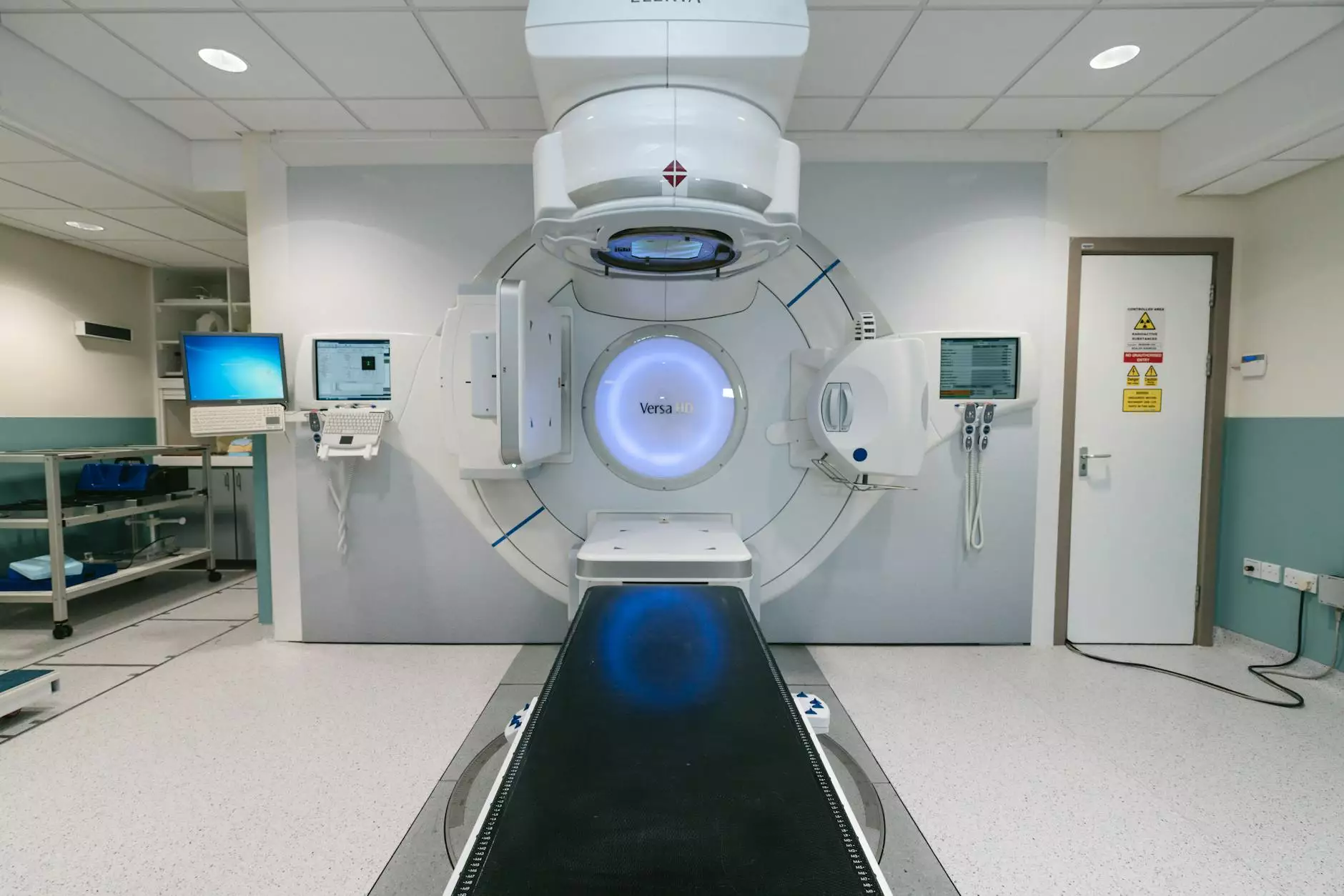Cancer Centers: Pioneers in Oncology Treatment and Care

In the face of a global health crisis, cancer centers emerge as crucial institutions dedicated to fighting one of humanity's most formidable adversaries: cancer. The role these centers play is not only in treating patients but also in advancing research, providing supportive care, and fostering community awareness. This article delves into the various aspects of cancer centers, exploring their significance in modern medicine and how they contribute to improved patient outcomes.
What is a Cancer Center?
A cancer center is a medical facility specifically designed to provide comprehensive care for individuals diagnosed with cancer. These centers often encompass multiple services, including:
- Diagnosis: Utilizing advanced imaging and diagnostic tools.
- Treatment: Offering a range of options from chemotherapy to radiation therapy and immunotherapy.
- Palliative Care: Focusing on improving the quality of life for patients.
- Research: Conducting clinical trials for innovative therapies.
The Importance of Cancer Centers
With cancer being one of the leading causes of death worldwide, the importance of cancer centers cannot be overstated. Below are several key reasons why these institutions are vital in the fight against cancer:
1. Specialized Expertise
Cancer centers are staffed by physicians, nurses, and support staff who specialize in oncology. Their extensive training and experience equip them to manage the complexities of various cancer types. Their expertise includes:
- Oncologists: Experts in diagnosing and treating cancer.
- Surgeons: Specializing in oncological surgery to remove tumors.
- Radiologists: Utilizing imaging technologies to monitor and evaluate cancer progression.
2. Comprehensive Treatment Plans
Cancer treatment is rarely straightforward; it often requires a multi-faceted approach. Cancer centers develop tailored treatment plans that may include:
- Chemotherapy: Administering medication to kill cancer cells.
- Radiation Therapy: Targeting tumors with high-energy rays.
- Surgery: Removing cancerous tissue from the body.
- Immunotherapy: Boosting the body’s immune system to combat cancer.
State-of-the-Art Technology
One of the hallmarks of leading cancer centers is their commitment to using the latest technology in cancer care. This includes:
- Advanced Imaging: Techniques such as MRI, CT scans, and PET scans help in early detection and treatment planning.
- Robotic Surgery: Minimally invasive surgical options that reduce recovery time and improve outcomes.
- Targeted Therapy: Treatments designed to specifically attack cancer cells without harming normal cells.
Research and Clinical Trials
The pursuit of innovative therapies is at the forefront of cancer treatment. Many cancer centers are affiliated with research institutions, enabling them to:
- Conduct clinical trials for groundbreaking treatments.
- Implement the latest findings in patient care.
- Contribute to the overall understanding of cancer biology.
Supportive Services
Understanding that cancer affects not just the body but also the mind and spirit, cancer centers provide a wealth of supportive services:
- Psychosocial Support: Counseling and support groups to help patients cope with the emotional impact of cancer.
- Nutritional Guidance: Dietary advice to help maintain strength and manage treatment side effects.
- Rehabilitation Services: Physical therapy to assist with recovery and maintain mobility.
- Palliative Care: Focused on providing relief from the symptoms and stress of cancer, regardless of the stage.
Community Awareness and Education
Beyond treating patients, cancer centers play a pivotal role in community engagement. They organize:
- Awareness Campaigns: Promoting understanding and education about cancer prevention and early detection.
- Screening Programs: Offering free or low-cost screenings to increase early diagnosis.
- Workshops and Seminars: Providing information on coping strategies for patients and families.
How to Choose the Right Cancer Center
Selecting the right cancer center can be a daunting task given the plethora of options available. Here are some considerations to help guide your decision:
- Accreditation: Ensure the center is accredited by recognized bodies such as the American College of Surgeons.
- Specialization: Look for centers that specialize in the type of cancer relevant to the patient.
- Research Opportunities: Consider centers with active clinical trials for access to cutting-edge treatments.
- Support Services: Evaluate the range of supportive care services available to patients and families.
Conclusion
In summary, cancer centers are indispensable pillars in the fight against cancer, offering a wealth of specialized services that cater to the physical, emotional, and psychological needs of patients. From cutting-edge treatments and advanced technologies to comprehensive supportive care and community outreach, these centers represent hope and healing for many affected by cancer. As we continue to confront this disease, the role of cancer centers will only become more central, paving the way for new discoveries and improved patient care.
Your Journey Begins at a Cancer Center
If you or a loved one are facing a cancer diagnosis, consider reaching out to a reputable cancer center in your area. The journey through cancer treatment can be daunting, but with the right support and resources, it is possible to navigate the path toward recovery with confidence and hope.









